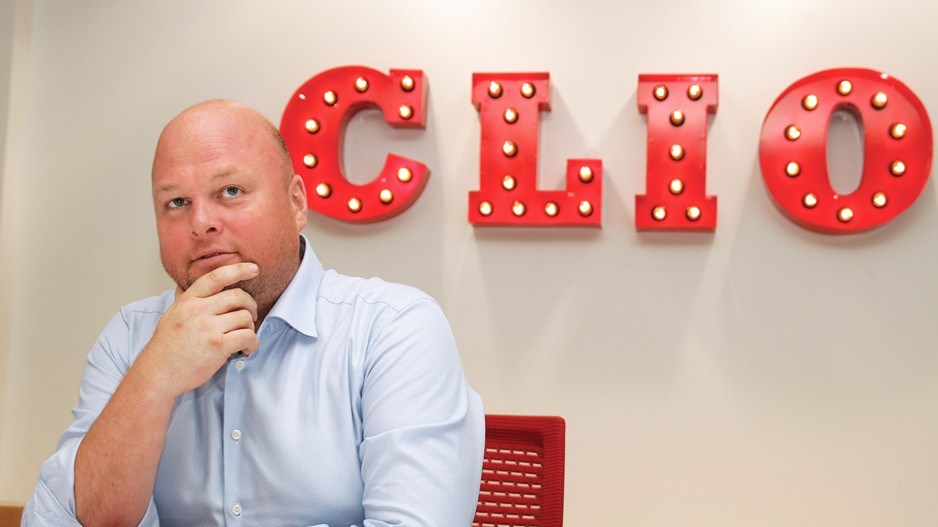As a founder that started a company in the 2007-08 global financial crisis, I sometimes feel like a grizzled veteran full of war stories and the accompanying scar tissue of difficult lessons learned through those experiences.
Many startup founders today have experienced only the boom in tech funding, and the valuations we enjoyed from 2010 through to November 2021, and feel unequipped to navigate the challenges presented by the current funding environment and looming recession.
The Vancouver tech ecosystem has been through a wild roller-coaster ride over the last three years. More than almost any other city, Vancouver has been a huge beneficiary of the tailwinds the tech economy enjoyed over the pandemic. Thirteen unicorns were minted, thousands of new jobs were created, dozens of U.S. companies expanded into Vancouver and the shift to remote work dramatically increased the number of companies Vancouver-based employees could choose to work for. More than ever, Vancouver was one of the best cities in the world for both tech employers and employees.
However, those tailwinds have now turned into significant headwinds. We have moved from a zero-interest, low-inflation environment of almost-free capital to a high-interest, inflationary environment where capital is very expensive, if it can be accessed at all.
Both public and private investors have shifted from a “growth-at-all-costs” to a “balanced-growth-with-profitability” mindset and have, seemingly overnight, lost their appetite for cash-burning companies without a clear path to profitability.
The ramifications of this shift have been swift and severe: Companies are reducing their burn rates dramatically to fit this new funding profile and are cutting in the area that makes up the vast majority of operating expenses for many tech companies: Headcount. Over the course of 2022 we’ve seen over 150,000 tech workers laid off globally, according to Layoffs.fyi, with more than 1,200 of those affected located in Vancouver.
The climate promises to get more challenging before it gets better. Recently published funding data from Cooley LLP, one of the most prominent law firms in the startup funding ecosystem, shows a devastating reduction in startup funding:
■Series D and later deal volume dropped 78 per cent in amount raised during 2022, from $10.5 billion in 2021’s fourth quarter to just $2.3 billion in 2022’s third quarter. Median premoney valuations dropped from a record high of $3.5 billion in May 2022 to just $527 million in September 2022, the lowest since May 2020.
■Series C deal volume dropped more than 64 per cent, from $3 billion in Q4 2021 to $1.1 billion in Q3 2022. Median pre-money valuations dropped from $502 million in June 2022 to $130 million in September 2022, the lowest since August 2020.
■Series B deal volume dropped nearly 61 per cent from Q4 2021 to Q3 2022, from $5.3 billion to $2.1 billion. The median pre-money valuation for Series B deals dropped from $164 million in June 2022 to $90 million in September 2022, the lowest since May 2020.
■Series A deal volume dropped 50 per cent, from $3.5 billion to $1.8 billion.
The precipitous drop in funding, especially for later-stage (Series C onward) companies will force many companies to dramatically reduce their burn rate if their funding is out of reach or unpalatable. And for those that do raise money, the dramatic reduction in valuations will, in many cases, result in a down round, leaving both previous investors and employee stock options in a precarious position.
A key lesson I learned in founding Clio during the Great Recession is as counterintuitive as it is true: A downturn is a great time to build. Competitors and incumbents retrench, which invariably provides opportunity for disruption. Customers are looking to do more with less and amplify the impact of their existing team, and technology is often a compelling way for them to achieve those goals. The talent market is often more accessible and liquid than in a boom cycle.
In 2008, this recessionary environment helped Clio unseat established and well-funded competitors in the legal practice management space. Customers hungry for the cost and productivity advantages of the cloud drove exponential growth in our adoption rate. And we were able to hand-pick an incredible founding team.
I feel Clio has benefited from the side-effects of being founded in a recession as well – we have never had a “growth-atall-costs” mentality, but instead take a pragmatic, balanced approach to growth and profitability. A sense of scrappiness endures in our culture to this day.
These downturns inevitably produce winners and losers, and it’s incumbent on today’s founders to find the path for their company that allows them to emerge from this dislocation in the market stronger than when they entered it. While the economic backdrop will dictate hard decisions on priorities, headcount and runway, this can be a focusing exercise that lets the best companies pull ahead of competitors. Venture capitalists are sitting on a record amount of dry powder, estimated at $290 billion by the National Venture Capital Association and Pitchbook and will be looking to deploy this into the companies that emerge from this downturn on solid footing.
While there are many challenges ahead for companies of all stages, significant competitive advantages can be accrued to companies that execute with vision and clarity in this environment. With the right mindset and execution, companies at an individual level, and Vancouver’s tech ecosystem at a macro level, can emerge from this downturn both stronger and more resilient. ■
Jack Newton is founder and CEO of Clio.



